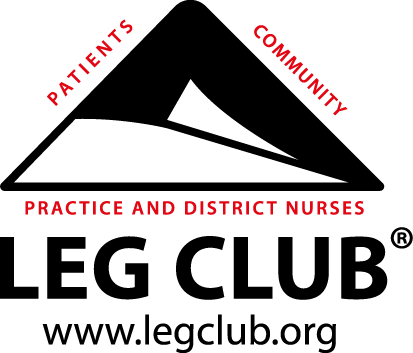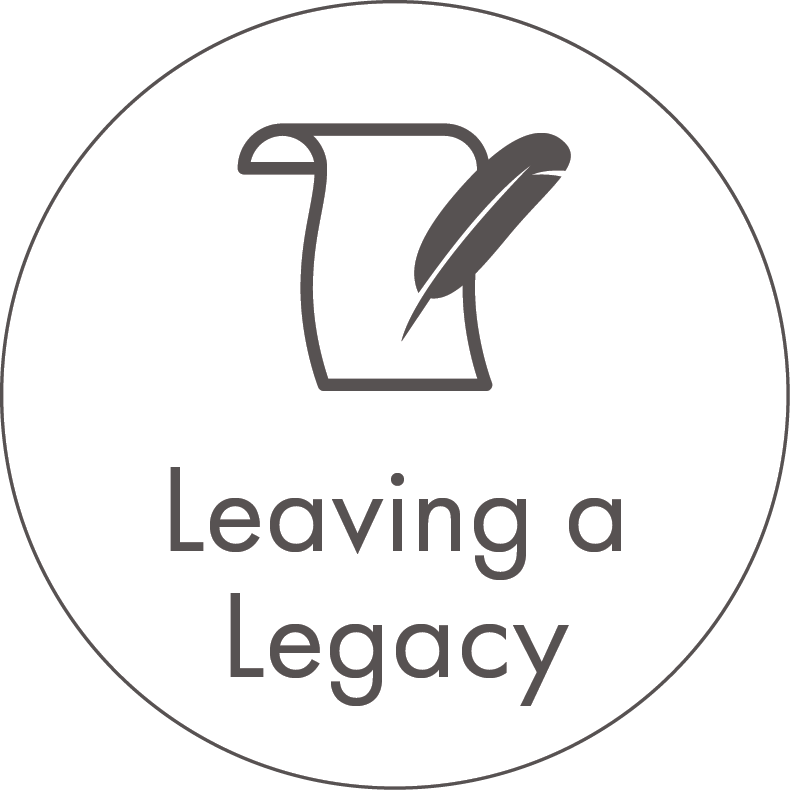A step-by-step guide
1. How to make or change a Will
Take advice from your solicitor
The Foundation advises you to consult with a solicitor. This will guarantee you peace of mind. Using a solicitor ensures that your instructions will be acted upon to the letter and means that your bequest will be free from any legal difficulties.
Solicitors are experts in this matter and helping people make a Will is an important part of their professional role. Of course, you do have the option of creating what is known as a 'Home-made Will'. Many people choose to do this and it is a relatively simple procedure.
However, there is the possibility that its intentions may be unclear or even invalid. That is why we recommend that you use a solicitor. A straightforward Will may cost from as little as £150. It is perfectly reasonable to telephone around several solicitors, ask how much they charge and take the most competitive offer.
Find Executors to handle your Estate
Whatever you own when you pass away (to include your property or savings) is known as your 'Estate'. Your Estate will need to be managed once you are gone and the people you choose to do this are known as Executors. You will have to name these people in your Will.
In order to keep things simple and make sure that everything runs smoothly you can appoint a solicitor, an accountant or bank to administer your Estate. They will charge a fee to do this but it will only be deducted from your Estate after your passing. Alternatively, you may wish to ask friends or family to be the Executor of your Estate. This may be your favoured option but please ask them if they are prepared to do this for you. They will be entitled to recover any reasonable out of pocket expenses that they incur while carrying out their duties as your Executor.
Changing your Will
It is very easy to change a Will if you already have one. Minor changes do not usually require you to make a new Will. Your solicitor in these circumstances may be able to draw up what is known as a 'Codicil'. You should take advice on whether a new will is required.
2. The different types of bequest you can leave
There are many ways in which you can leave a gift to help the Foundation. So before you see your solicitor we advise you to think what kind of legacy you wish to leave the Foundation.
Residuary
This refers to what is left over from your Estate, i.e. the residue, after all other bequests and debts are settled. You can share out this residue in percentages among those whom you want to benefit from your Estate. An example is 40 per cent to the Foundation and 60 per cent to someone else. This is a good method to use because the value of a financial gift is least likely to be devalued by inflation.
Pecuniary
This term refers to a specific sum of money, decided when the Will or Codicil is written. This is simple to administer. However, it has the disadvantage that inflation will cause the value of such a monetary legacy to decrease.
Specific
This term relates to the gift of particular items, such as property, a house or the proceeds of a life-insurance policy.
3. Why making a Will is important
If you pass away without leaving a Will this means that you will lose the choice in how your assets are divided up. This could mean that the division of your Estate amongst your loved ones after your death could be a very complicated and upsetting affair.
One does not have to be wealthy to create a Will. Whatever possessions or money you own it is necessary to plan what happens to your Estate after you are gone.
4. How your gift will help
The Lindsay Leg Club Foundation relies on donations and bequests in order to continue its unique work supporting the work of Leg Clubs and raising awareness of leg ulcers and related conditions.
5. Summary
- Decide what type of gift you would like to leave the Foundation.
- Phone around to find the most competitive and reasonably priced solicitor.
- See your chosen solicitor.
- Arrange for the solicitor or friends or family to act as Executors of your Estate.
6. Some legal terms explained
Administrator: If you die without leaving a Will or appointing an Executor, an administrator will be appointed to handle your Estate. Any person entitled to a share in an estate under an intestacy is entitled to apply to be your adminstrator.
Beneficiary: A person or organisation that receives something in your Will.
Bequest: A gift in your Will.
Codicil: A separate document making a change or adding to your existing Will.
Conditional bequest: A gift that will only take effect if a certain even occurs.
Estate: The value of your assets at the time of your death.
Intestacy: When someone dies without leaving a valid will. A partial intestacy can occur when parts of the will are defective.
Legacy: A gift in your Will.
Pecuniary legacy: The gift of a fixed some of money.
Grant of probate: A document authorising the Executors to administer an estate.
Residue: The remainder of your estate after payment of expenses, debts and other legacies.
Specific legacy: The gift of a specific piece of property.
Testator/Testatrix: The person making the Will.
Trustee: A peson appointed to manage money or assets set aside for somebody else' as Executors also have Trustee functions as there does not have to be a seperate Trust in the Will.
7. Where to leave the Foundation a legacy
The Foundation is a company limited by guarantee registered in England and Wales with Company No. 05360413 and Charity No. 1111259.
Our registered office is:
18 Langton Place, Bury St Edmunds, Suffolk IP33 1NE
Tel:01284 701271, F: 01284 762760
Our account details are:
Account name: The Lindsay Leg Club Foundation
Sort code: 40-52-40
Account number: 00013498
Our contact details are:
PO Box 243 Port Talbot SA13 9FP
Tel: +44 (0)1473 749565; Email:
tara.king@legclubfoundation.com



